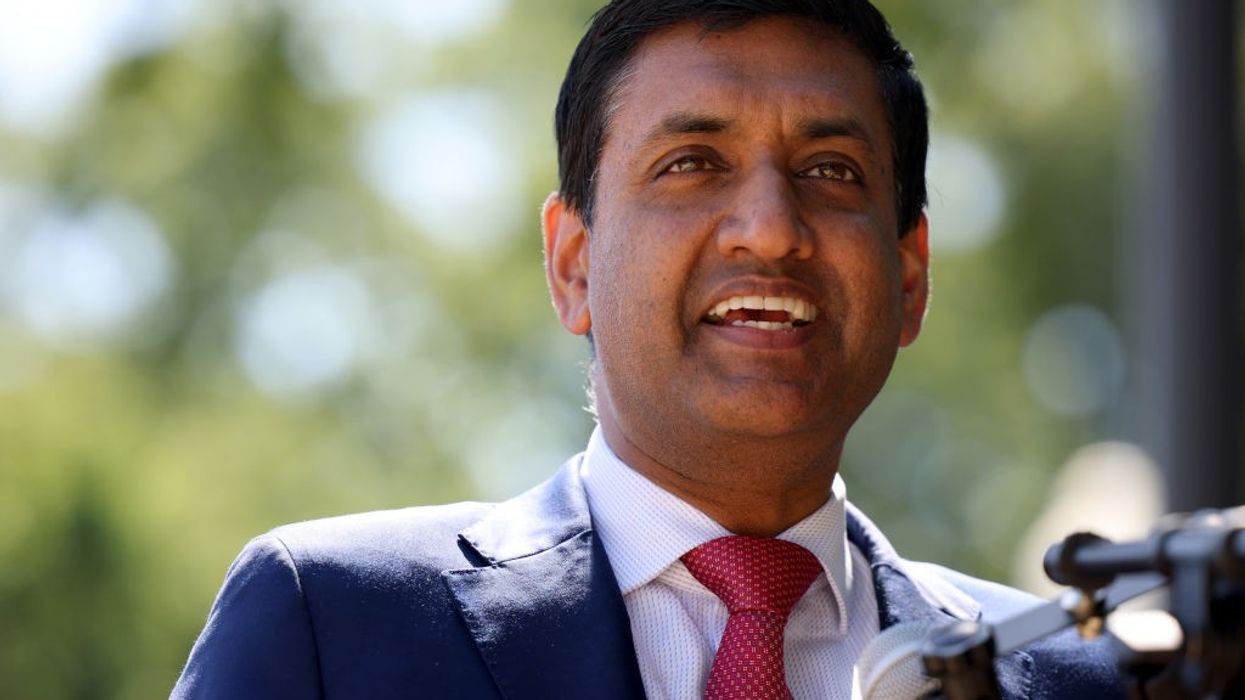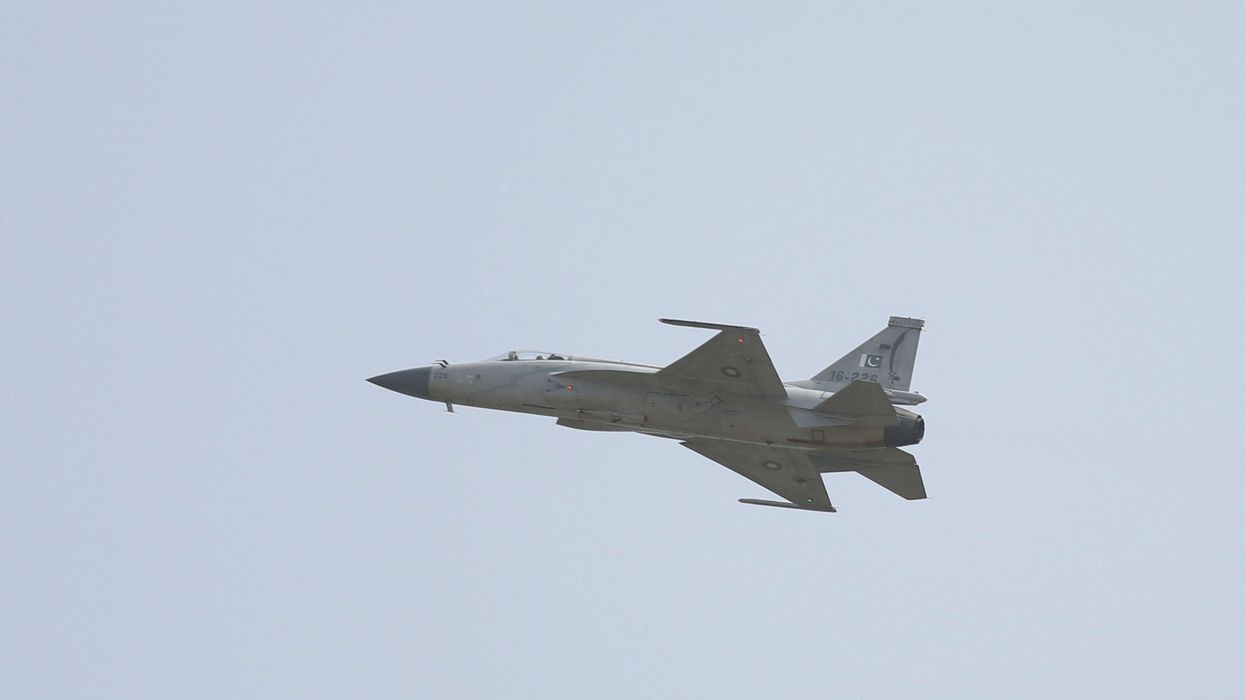Indian-American Congressman Ro Khanna has said that Indians now view China as a more significant military threat than Pakistan. He emphasised the importance of finding ways to balance this relationship constructively.
The military standoff between China and India in eastern Ladakh in May 2020 has resulted in a significant freeze in their relations. Despite 17 rounds of talks between high-level military commanders, the situation remains unresolved.
“Today, we need a constructive re-balancing with China. This requires us to be clear-eyed about the threats we and our allies in Asia face, but are hopeful that our diplomacy and statesmanship can make the 21st century less bloody than the 20th century,” Khanna said in a foreign policy speech at the Stanford’s Hoover Institution.
“There are four guiding principles for a constructive re-balancing with China: First, an economic reset to reduce trade deficits and tensions; second, open lines of communication; third, effective military deterrence; and fourth, respect for our Asian partners and robust economic engagement with the world."
“China creeps towards hegemony in Asia, threatens India’s borders, and treats other countries as junior partners. The people of India now see China as their greatest military threat, not Pakistan,” he said.
Khanna, 46, represents Silicon Valley in the US House of Representatives.
“We have the technology to bring about an American production renaissance as Andy Grove, the famous Intel CEO, called for back in 2010. We have an Asian American diaspora that understands the need for open lines of communication and exchanges with Asia,” he said.
Khanna pointed out that the US needs to build its alliances with India and other Asian partners, recognising that they will not be satellite states.
“Given the history of colonialism, and the cultural pride of many Asian nations, the US cannot expect to have as smooth, lockstep, and cohesive an alignment as an Asian NATO,” Khanna explained.
“What we need is multi-polarity in Asia and the denial of China as a hegemony. India will be a key partner in that effort. As the new co-chair of the Congressional India Caucus, I’ve called for strengthening our economic and defence ties between the oldest and largest democracies. The new US-India initiative on Critical and Emerging Technology, will deepen our technology partnership,” Khanna elaborated.
In 2017, the US, Australia, India and Japan gave shape to the long-pending proposal of setting up the Quad to develop a new strategy to keep the critical sea routes in the Indo-Pacific region free of any influence.
“India’s participation in the Quad, along with Japan and Australia, is critical for ensuring our partners work together to keep China from becoming a hegemony in Asia. In the 1950s, China and India shared a common aspiration to see Asia emerge after Western colonialism. But Nehru’s vision of collaboration with China has soured,” Khanna said.
“We’ve also seen Japan, a nation hesitant to build up its defence after World War II, take historic steps to build out its national security apparatus."
(PTI)













